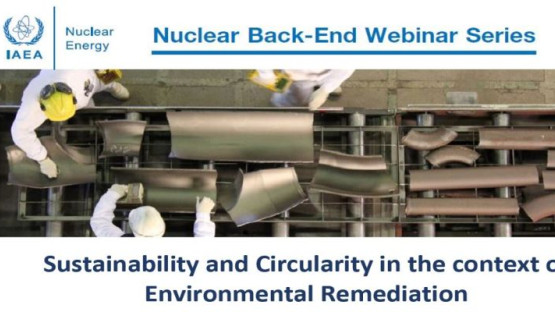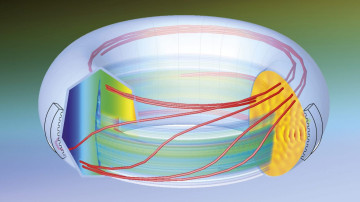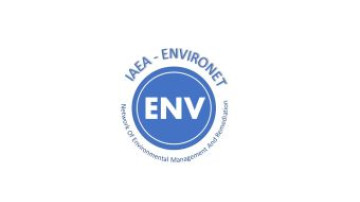At many sites, environmental remediation involves intensive, large-scale industrial activities that may extend over decades. While multiple factors can impact the adopted remediation approaches and consequently the resulting end state of a site, stakeholders, including regulators, practitioners, scholars, and the general public, argue that emphasis must be placed on remediation solutions that:(1) Optimize the balance between the different sustainability dimensions i.e. the related environmental, economic, and social outcomes;(2) Integrate observed and predicted effects of climate change to ensure resiliency into the future and(3) Apply Circularity Principles to remediation projects. The REMPLEX Global Summit organised by the Pacific Northwest National Laboratory (PNNL-USA) in cooperation with the IAEA had a Technical Session entitled “Ensuring Sustainability and Resiliency of Remediation Projects”. This session explored the many facets of sustainability, circularity and resiliency. Aspects such as stakeholder goals for future use of a site, resource conservation, carbon footprint reduction, cost containment, and vulnerability to climate-driven changes were addressed.The presentations and discussion provided an overview of contrasting perspectives of stakeholders considering their diverse roles, fields of practice, and/or disciplines. The Session highlighted topics such as modelling approaches, decision-making frameworks and tools, implementation strategies, and climate vulnerability assessments. Focus was given to complex nuclear sites that entertain both demolition/decontamination/dismantling of installations, environmental remediation and waste management.This webinar is intended to share the main findings of the above mentioned event and contribute to broaden the understanding of members within the international community regarding key aspects associated with the decision-making in the realm of sustainability, circularity, and resiliency concerning decommissioning and environmental remediation projects.
Nuclear Back End Webinar Series 4.4 - Sustainability and Circularity in the context of Environmental
How to enroll
CLP4NET course enrolment requires a valid NUCLEUS account. The NUCLEUS Web Single Sign-on system allows registered and authorized users to securely access a variety information resources with a single username and password.
To register a new NUCLEUS account, click here.
Please visit our help pages for information on how to register, sign-in or for other useful information.














